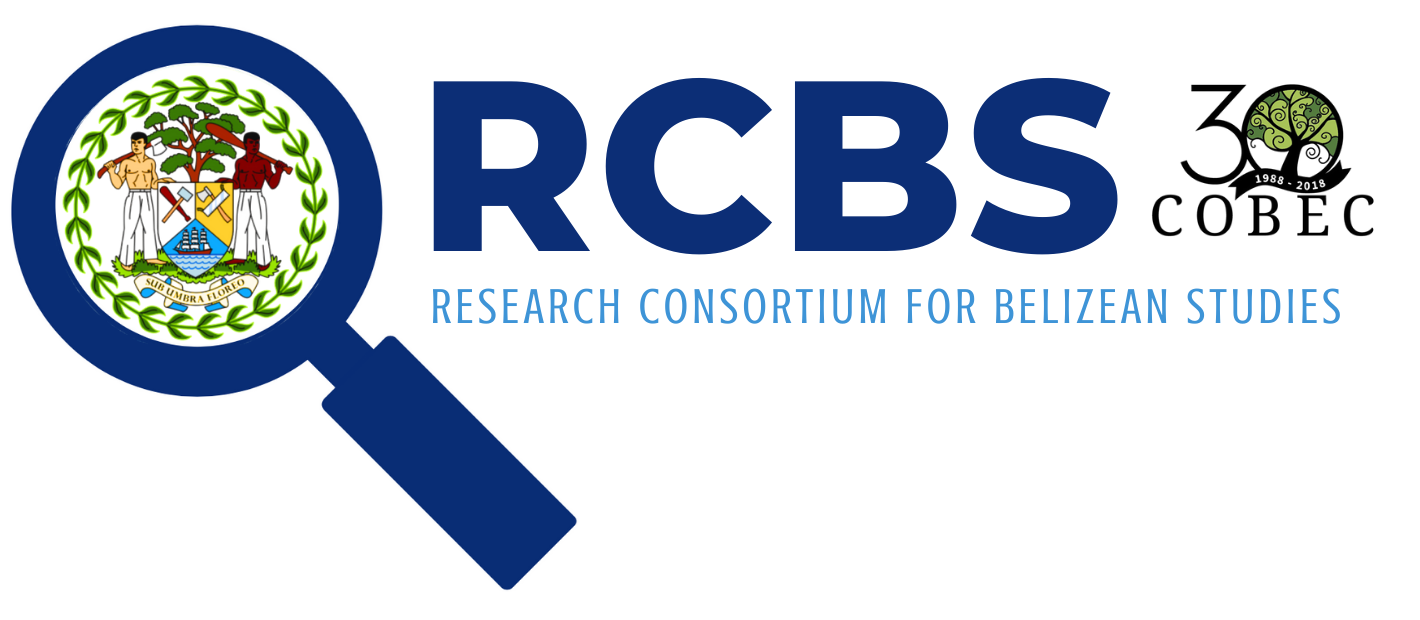
Research Consortium for Belizean Studies
Title
Perspectives in Early Childhood Education: Belize, Brazil, Mexico, El Salvador and Peru
Abstract
Early childhood education (ECE) provision is becoming a growing priority. During the past twenty years, Latin America has shown a growing recognition in the provision of educational programs for young children, birth to age eight, is essential. Urban and rural populations intimated in 2009, that many countries utilizing equitable access to quality early childhood programs is often seen by policy makers as a means of achieving economic and political goals (United Nations, 2012). Unfortunately, a pre-occupation with economic and political goals may conflict with the provision of quality programming for young children. In a number of Latin American countries provisions for educating young children exist as intent to provide quality services. The continuing challenge is to finance, organize and regulate those well-meaning intentions. The objective of this article is two-fold. First, to describe national policy efforts that regulate the education of young children consistently. And, second, to reflect the status of early childhood education programming; and to examine the possibilities for the improvement of the quality and accessibility of an education for all young children. Five Latin American nations have been chosen for examination, including: Belize, Brazil, El Salvador, Mexico, and Peru. (Contains 4 tables.)
Publisher
Forum on Public Policy Online
Date of Publication
2012
Document Type
Article

